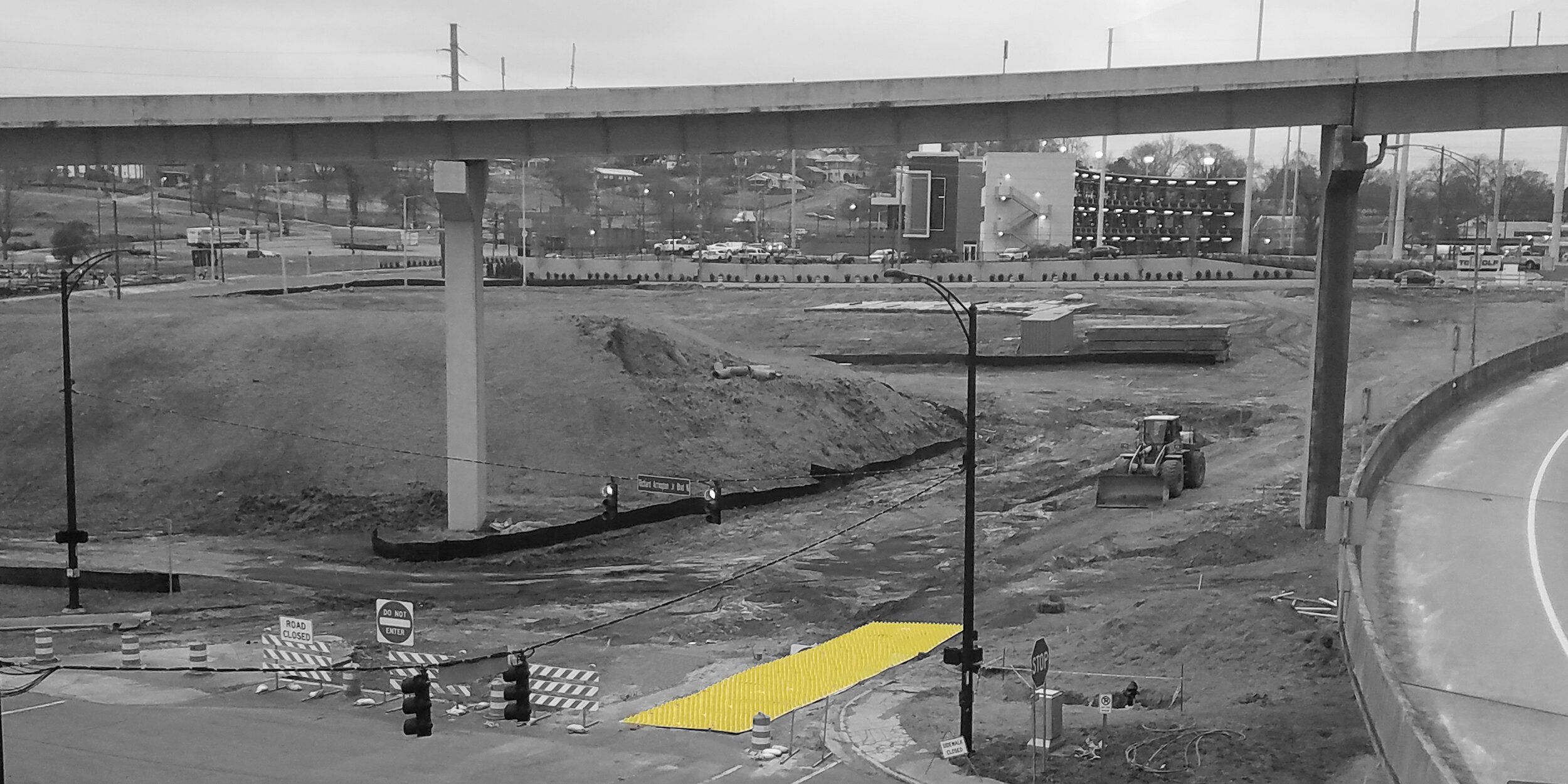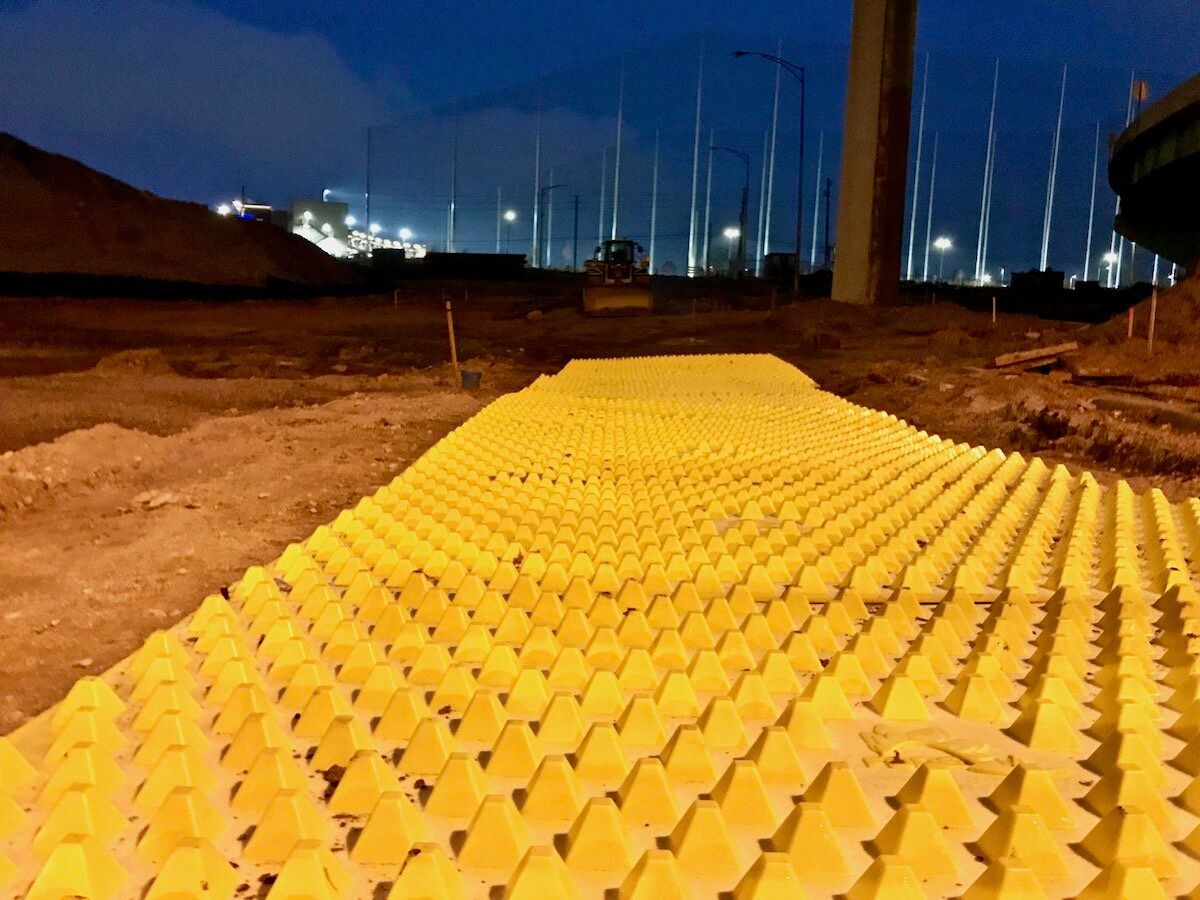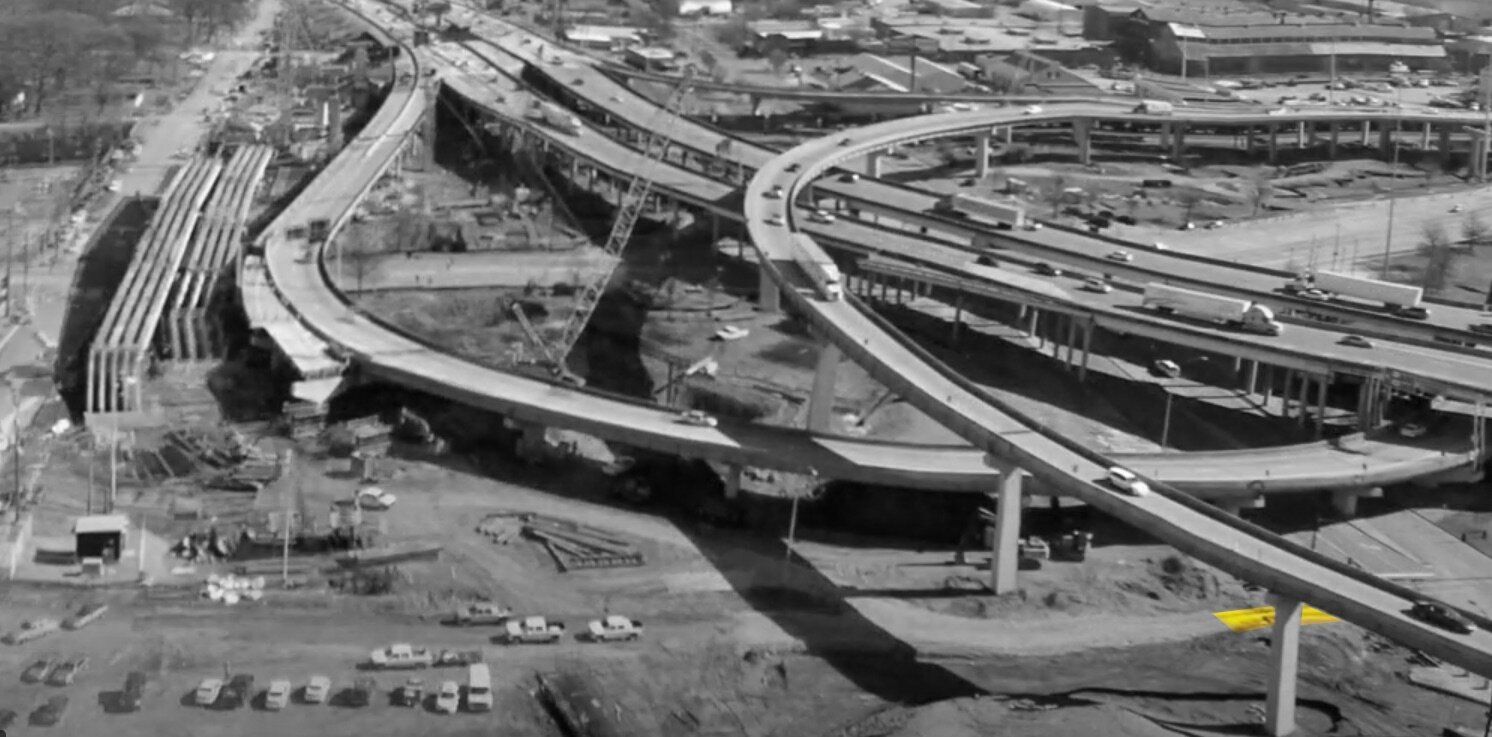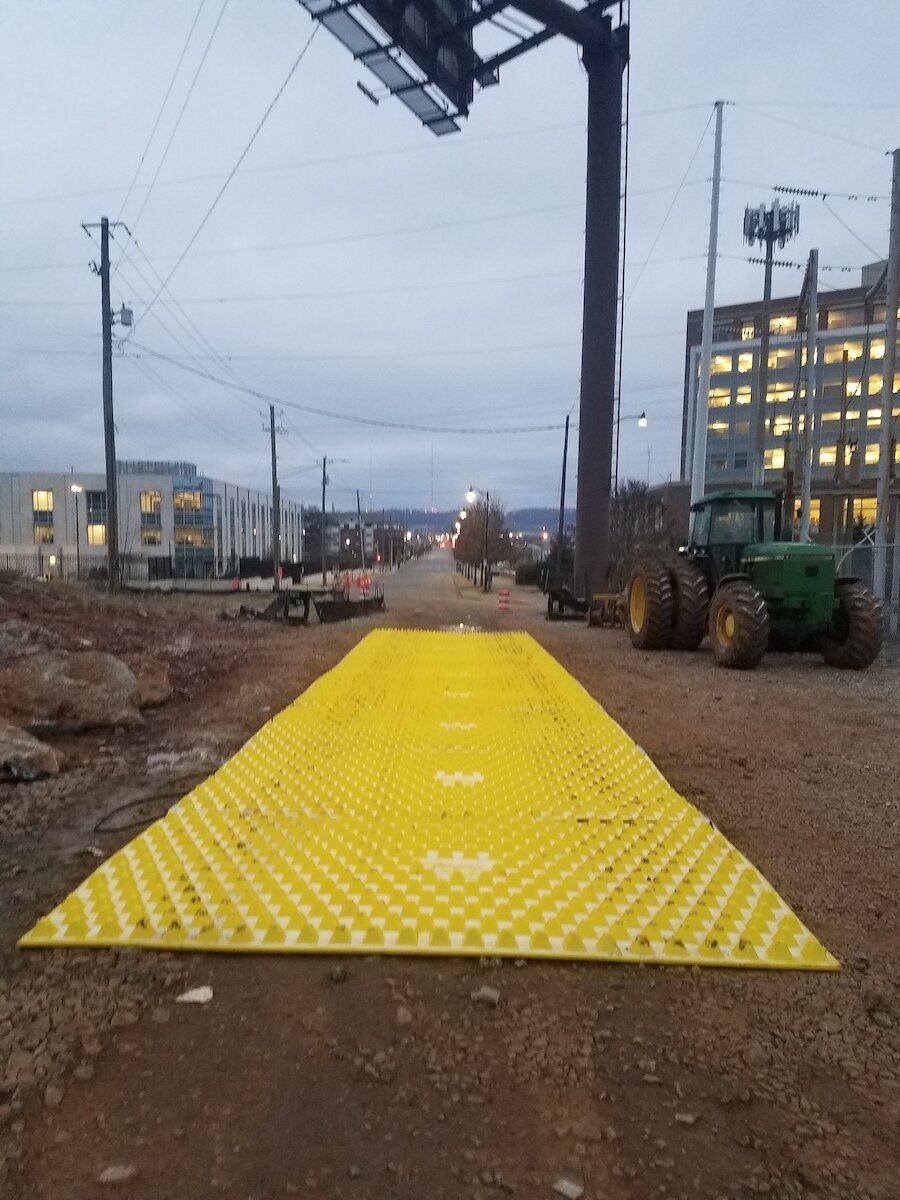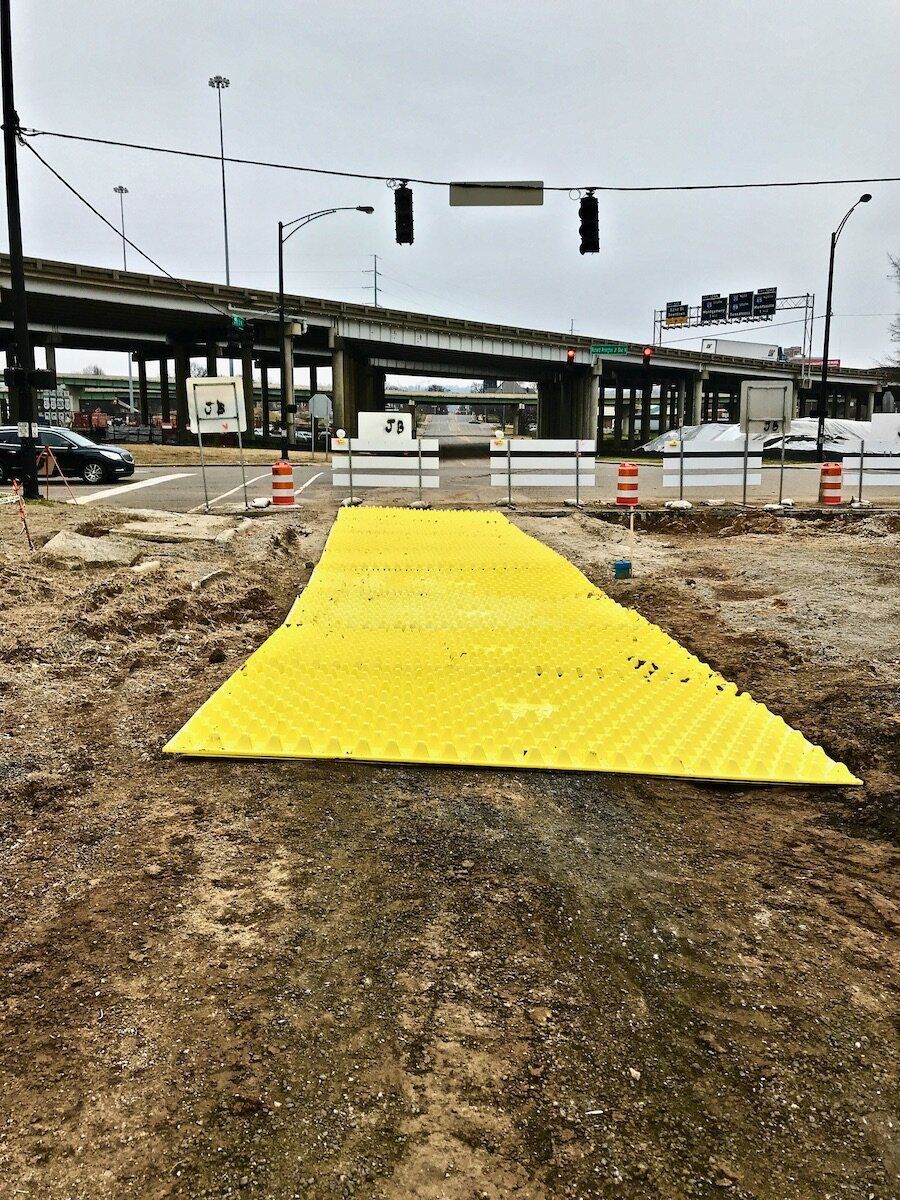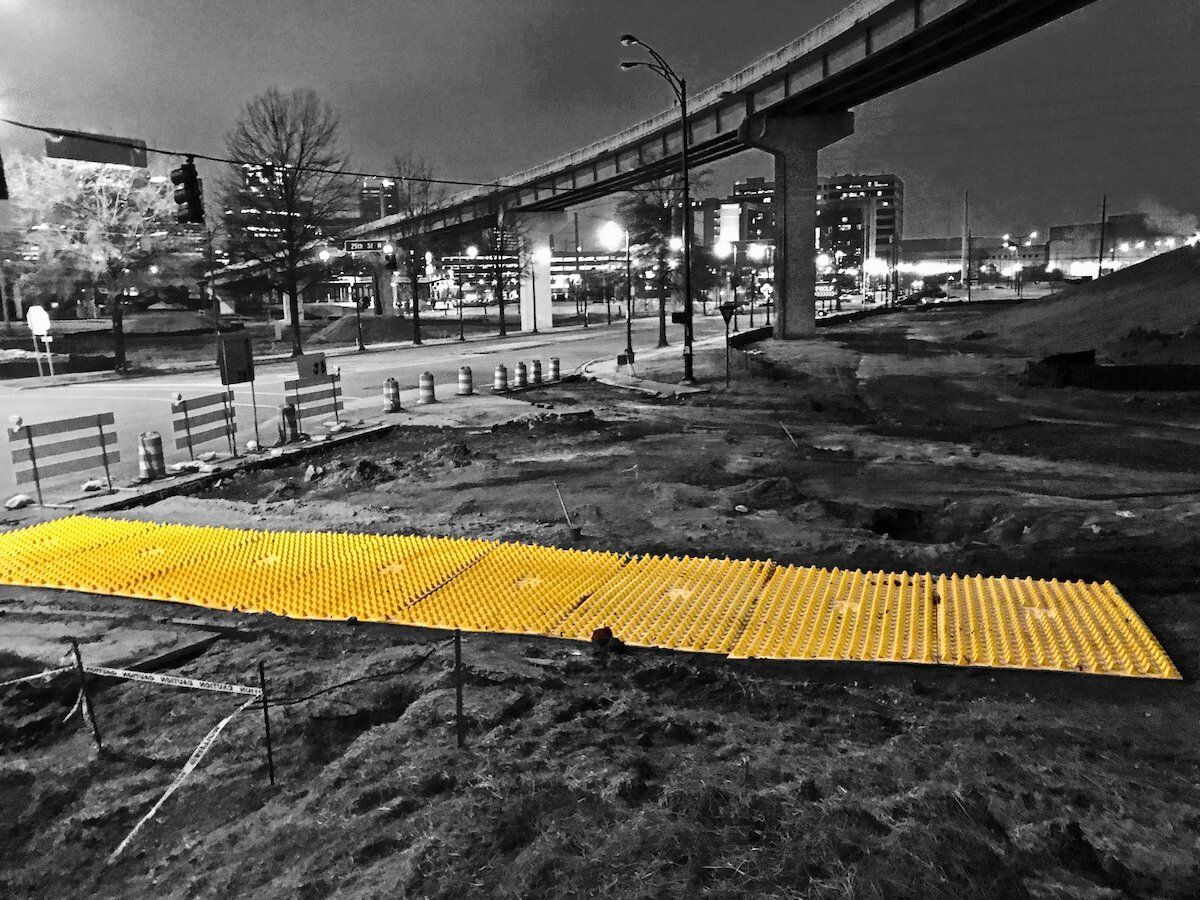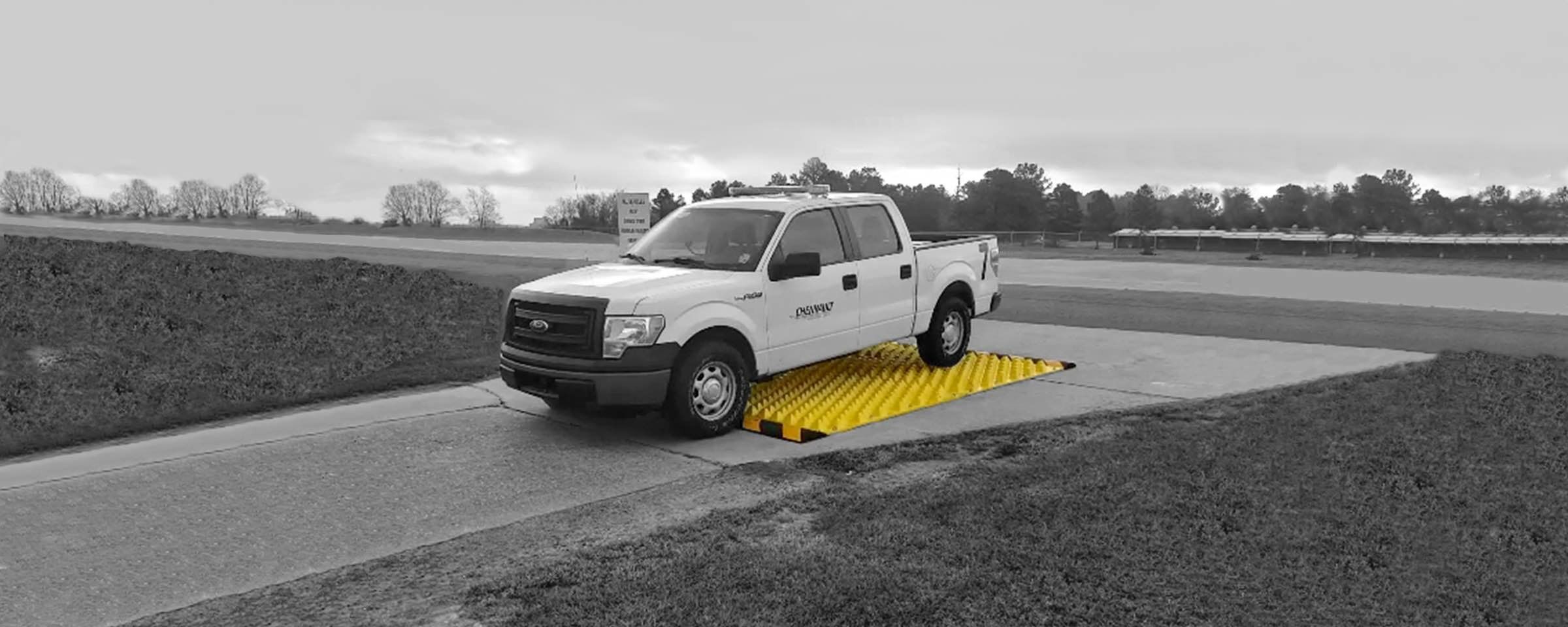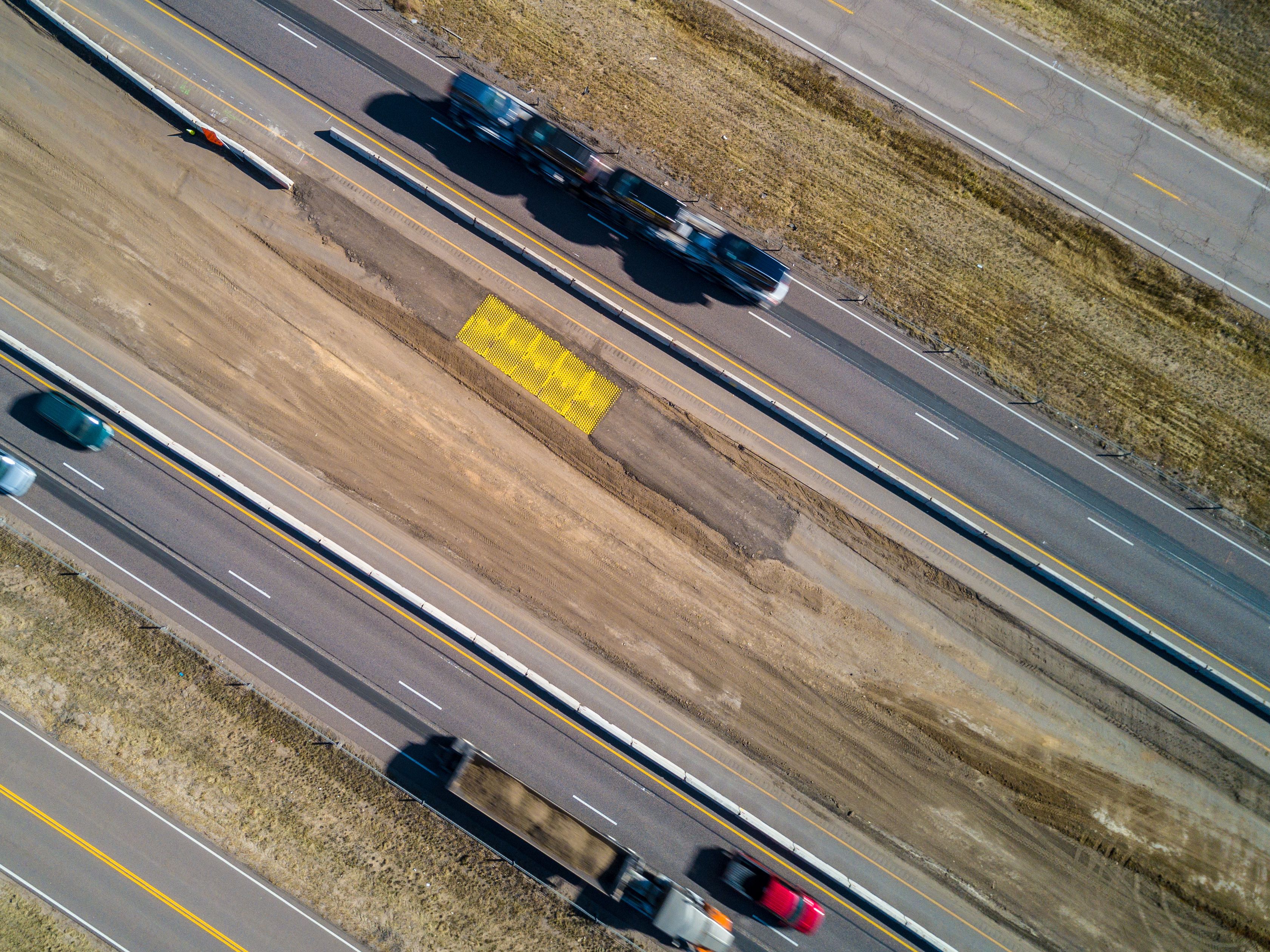Revitalizing Birmingham’s “Malfunction Junction”: A Case Study of Innovation and Efficiency in Highway Reconstruction
Birmingham, Alabama, serves as a vibrant hub of business, finance, and industry. With its central location, the city acts as a critical conduit for freight trucks and railroad cars transporting a diverse range of goods, from construction materials like steel and aggregate to consumer products such as soft drinks and food. Among the most heavily trafficked routes in this network is the I-59/20 junction in the Birmingham Central Business District (CBD), a vital artery used daily by local commuters, industries, and long-haul freight shippers traveling between Tuscaloosa to the west and Atlanta to the east.
This junction, originally constructed in the 1960s, was designed to handle a capacity of 80,000 vehicles per day with an expected lifespan of 30 years. By the time the project to address its condition began in January 2019, the infrastructure had been in service for nearly six decades, accommodating over 165,000 vehicles each day. The strain of time and heavy usage had left the bridges and elevated ramps in a state of significant disrepair, earning the derisive nickname “The Malfunction Junction.” While the need for intervention was clear, any project involving the temporary closure of such a crucial highway required meticulous planning to minimize disruption.
Assessing the Challenges and Solutions
Given the scope of the problem, several solutions were proposed, ranging from a complete relocation of the highway to simply re-decking the most deteriorated sections. Ultimately, the chosen plan involved demolishing and reconstructing the elevated junctions and ramps. This approach offered several advantages:
- Minimal Disruption: Demolition and reconstruction promised the shortest highway closure period compared to other solutions.
- Enhanced Durability: The new structures would be designed for increased durability and capacity.
- Long-Term Improvements: Upgrades such as wider shoulders would facilitate faster removal of disabled vehicles, improving traffic flow and safety.
- Budget Alignment: The solution fit within the allocated budget while addressing congestion across multiple areas.
The project also included a comprehensive redesign of the interchange connecting I-59/20 with the Red Mountain Expressway. An auxiliary lane was added to alleviate congestion further, making this initiative the largest highway project in Alabama’s history, with a total cost exceeding $750 million.
Execution of the CBD Bridge Project
The project’s execution was spearheaded by Johnson Bros. Corporation, a subsidiary of Southland Holdings, and Granite Construction. These firms brought expertise in large-scale highway projects, addressing unique challenges such as the need to manage high volumes of construction vehicles and minimize environmental impact.
One significant logistical challenge was the containment of sediment and debris tracked out by construction vehicles. Traditional rock-stabilized construction entrances were often insufficient for projects of this scale, especially considering the multiple entry and exit points required across the project’s expansive footprint. This is where the innovative use of FODS reusable trackout control mats came into play.
The Role of FODS Trackout Control Mats
FODS, LLC, based in Englewood, Colorado, provided an innovative solution to streamline the construction process while adhering to environmental standards. FODS Trackout Control Mats offer several advantages over traditional rock-stabilized entrances:
- Rapid Deployment: FODS mats can be installed in as little as 20 minutes, enabling quick setup and relocation as the project progresses.
- Cost-Effectiveness: With a service life of over ten years, the mats eliminate the need for repeated installation and removal of rock entrances, saving time and money.
- Environmental Benefits: The mats effectively remove mud and sediment from vehicle tires without damaging tires or the ground’s surface, preventing contaminated materials from entering public roadways.
- Flexibility: Highway projects often require dozens of stabilized entrances, and the reusable nature of FODS mats made them an ideal choice for this large-scale project.
Throughout the CBD Bridge Project, FODS mats were deployed at each construction entrance, ensuring that the site remained clean and compliant with environmental regulations. The efficiency and reliability of these mats contributed to the project’s overall success, reducing installation time and enhancing the mobility of heavy equipment and vehicles.
Completing the Project Ahead of Schedule
One of the most impressive aspects of the CBD Bridge Project was its completion two months ahead of schedule. This achievement can be attributed to meticulous planning, effective collaboration among stakeholders, and the integration of innovative technologies like FODS mats. The early completion brought relief to residents and businesses in the Birmingham area, who had been adjusting to extended office hours and flexible work schedules during construction.
The reconstructed highway system in the Birmingham Central Business District is now better equipped to handle current traffic volumes and future growth. With wider shoulders, improved ramps, and additional lanes, the new infrastructure promises to reduce congestion and enhance safety for years to come.
The Impact of FODS on Highway Construction
The success of the CBD Bridge Project highlights the value of innovative solutions like FODS Trackout Control Mats in modern construction. By addressing common challenges such as sediment containment and rapid deployment, FODS has positioned itself as a key partner for highway contractors across the United States.
FODS mats have revolutionized the concept of stabilized construction entrances, offering a reusable, durable, and environmentally friendly alternative to traditional methods. Their proprietary design ensures effective cleaning of vehicle tires while maintaining the integrity of both the tires and the ground surface. Made entirely in the USA, these mats reflect a commitment to quality and sustainability.
A Bright Future for Birmingham’s Infrastructure
The completion of the CBD Bridge Project marks a significant milestone in Birmingham’s journey toward becoming a more connected and efficient city. The new highway system not only addresses the immediate challenges posed by “The Malfunction Junction” but also lays the groundwork for future economic growth and development.
As Birmingham continues to evolve, the lessons learned from this project—including the importance of innovative tools like FODS mats—will serve as a blueprint for other cities facing similar challenges. The collaboration between public agencies, private contractors, and innovative suppliers like FODS underscores the power of partnership in achieving ambitious infrastructure goals.
